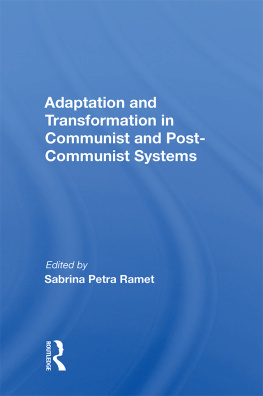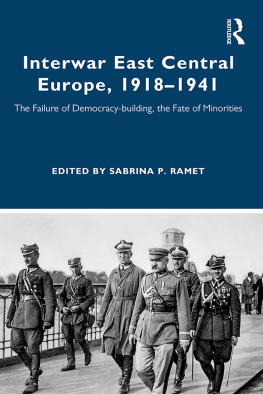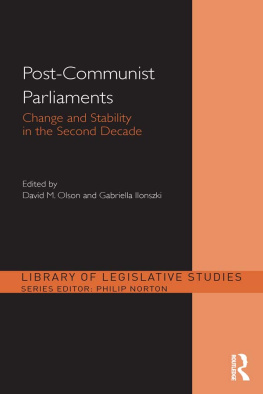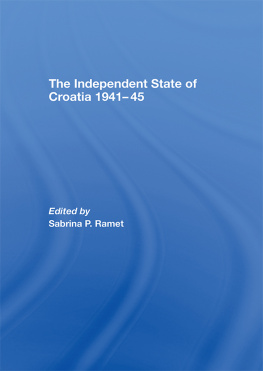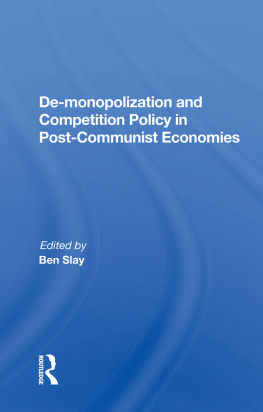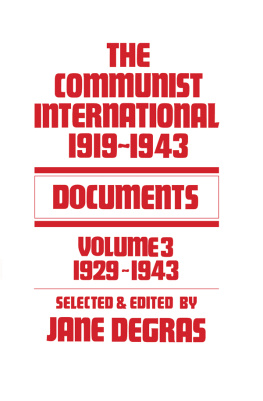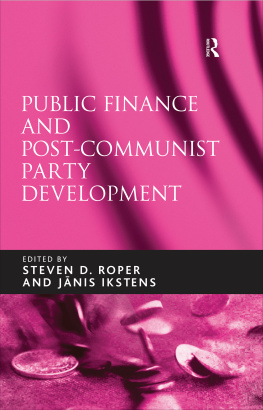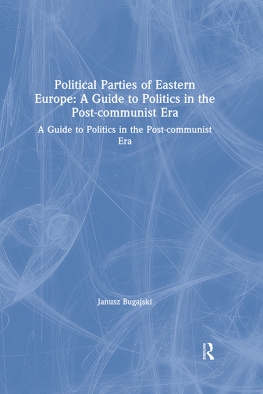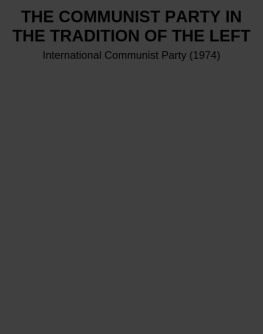Sabrina Petra Ramet - Adaptation and Transformation in Communist and Post-Communist Systems
Here you can read online Sabrina Petra Ramet - Adaptation and Transformation in Communist and Post-Communist Systems full text of the book (entire story) in english for free. Download pdf and epub, get meaning, cover and reviews about this ebook. year: 2019, publisher: Taylor & Francis, genre: Politics. Description of the work, (preface) as well as reviews are available. Best literature library LitArk.com created for fans of good reading and offers a wide selection of genres:
Romance novel
Science fiction
Adventure
Detective
Science
History
Home and family
Prose
Art
Politics
Computer
Non-fiction
Religion
Business
Children
Humor
Choose a favorite category and find really read worthwhile books. Enjoy immersion in the world of imagination, feel the emotions of the characters or learn something new for yourself, make an fascinating discovery.
- Book:Adaptation and Transformation in Communist and Post-Communist Systems
- Author:
- Publisher:Taylor & Francis
- Genre:
- Year:2019
- Rating:3 / 5
- Favourites:Add to favourites
- Your mark:
- 60
- 1
- 2
- 3
- 4
- 5
Adaptation and Transformation in Communist and Post-Communist Systems: summary, description and annotation
We offer to read an annotation, description, summary or preface (depends on what the author of the book "Adaptation and Transformation in Communist and Post-Communist Systems" wrote himself). If you haven't found the necessary information about the book — write in the comments, we will try to find it.
Adaptation and Transformation in Communist and Post-Communist Systems — read online for free the complete book (whole text) full work
Below is the text of the book, divided by pages. System saving the place of the last page read, allows you to conveniently read the book "Adaptation and Transformation in Communist and Post-Communist Systems" online for free, without having to search again every time where you left off. Put a bookmark, and you can go to the page where you finished reading at any time.
Font size:
Interval:
Bookmark:
Sabrina Petra Ramet

52 Vanderbilt Avenue, New York, NY 10017
2 Park Square, Milton Park, Abingdon, Oxon OX14 4RN
Product or corporate names may be trademarks or registered trademarks, and are used only for identification and explanation without intent to infringe.
Adaptation and transformation in communist and post-communist systems
/ edited by Sabrina Petra Ramet.
p. cm.
Includes index.
ISBN 0-8133-1423-2
1. Legitimacy of governmentsCommunist countries. 2. Political
cultureCommunist countries. Pluralism (Social sciences)
Communist countries. 4. Communist countriesEconomic policy.
5. Post-communism. I. Ramet, Sabrina P., 1949
JC474.A33 1992
306.2'09171'7DC20 92-18490
CIP
Processes of Decay, Engines of Transformation: An Introduction
- some level of efficacy of the formal institutions of the system;
- a modicum of correspondence between the actual behavior of administrative and legal institutions, and the normative rules which govern their behavior;
- the satisfaction of the basic economic and adjudicative needs of the population;
- a basic acceptance of the "rules of the political game" as legitimate by the population;
- and, a basic acceptance that the incumbent political elites have assumed office through legitimate means.
Font size:
Interval:
Bookmark:
Similar books «Adaptation and Transformation in Communist and Post-Communist Systems»
Look at similar books to Adaptation and Transformation in Communist and Post-Communist Systems. We have selected literature similar in name and meaning in the hope of providing readers with more options to find new, interesting, not yet read works.
Discussion, reviews of the book Adaptation and Transformation in Communist and Post-Communist Systems and just readers' own opinions. Leave your comments, write what you think about the work, its meaning or the main characters. Specify what exactly you liked and what you didn't like, and why you think so.

